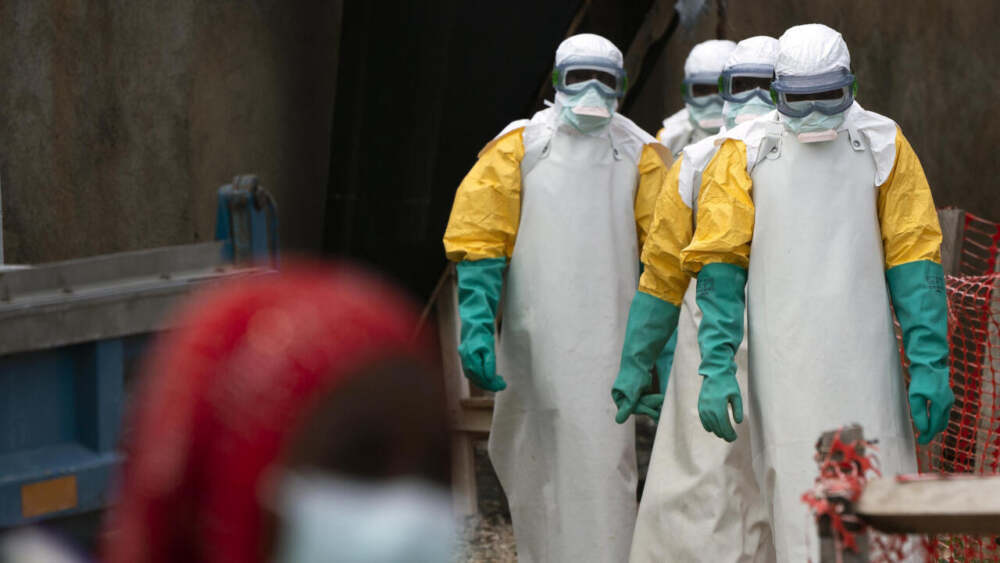Authorities in the Democratic Republic of Congo (DRC) have confirmed a new outbreak of Ebola in Kasai Province, marking the country’s 16th battle with the deadly virus. The outbreak has already claimed at least 15 lives, including four healthcare workers, and around 28 suspected cases have been identified.
How the Outbreak Began
The first case was reported on August 20, when a 34-year-old pregnant woman was admitted to a hospital in Bulape with high fever, vomiting, and bleeding. She died just five days later from multiple organ failure. Since then, the virus has spread to several communities within the Bulape and Mweka health zones.
Laboratory tests confirmed that the outbreak involves the Zaire strain of Ebola, known as one of the most lethal forms of the virus. Current estimates put the case fatality rate at about 54 percent, consistent with previous outbreaks.
A Fresh Spillover Event
Genomic sequencing shows that this outbreak is not linked to earlier ones, but instead stems from a new spillover from wildlife to humans. This highlights the ongoing risk of zoonotic diseases in regions where people live in close contact with forest ecosystems.
Response on the Ground
Health officials have deployed rapid response teams, while international partners are supporting the effort with vaccines, treatments, and protective equipment. The Ervebo vaccine, already stockpiled in the country, is being prepared for use to protect healthcare workers and people who have been in contact with confirmed cases.
Contact tracing, case isolation, and strict infection prevention protocols are being enforced to prevent further spread. However, the remoteness of Kasai Province and its limited infrastructure pose major challenges for the response effort.
Regional and Global Concerns
With the outbreak area close to the Angolan border, the potential for cross-border spread is a concern. Officials stress that swift containment is critical to prevent the situation from escalating into a wider regional emergency.
Looking Ahead
This outbreak underscores the DRC’s ongoing vulnerability to Ebola and the need for continuous surveillance, rapid response capacity, and international cooperation. Protecting frontline workers and ensuring that communities have access to accurate information remain top priorities in containing the virus.















Leave a Reply